The government’s stance on homosexuality is considered among the harshest in the world, Edward Ronald Sekyewa writes
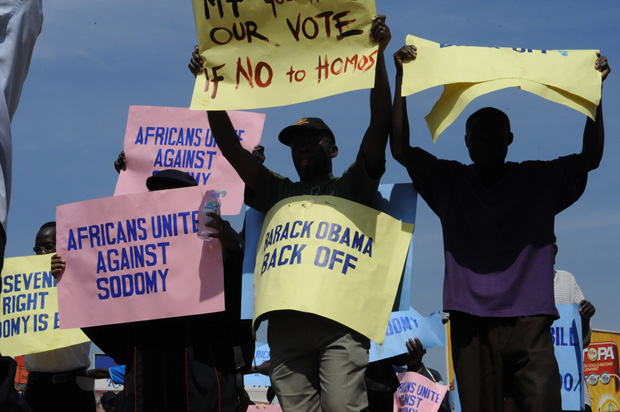

The government’s stance on homosexuality is considered among the harshest in the world, Edward Ronald Sekyewa writes
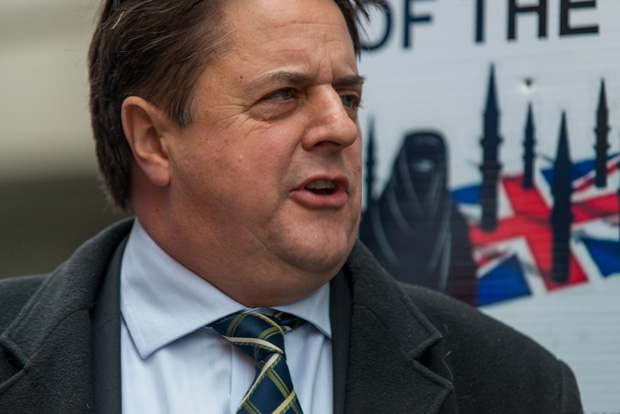
As the body representing UK vice-chancellors releases new guidelines on external speakers on campuses, we look at some cases where they could have been put to use

Turkey’s media proprietors seem all too willing to play along with practices that make the country feel like a corrupt central Asian republic, says Yavuz Baydar
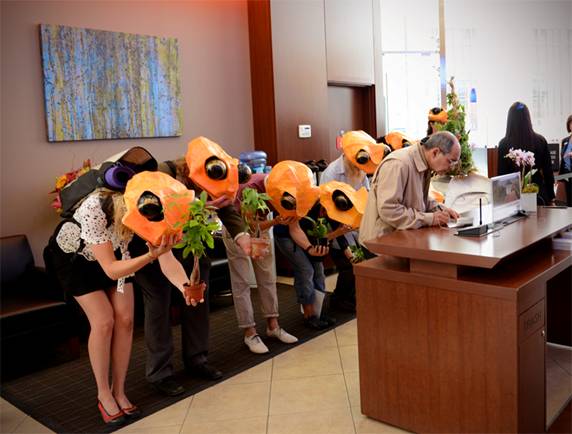
US climate activist Reverend Billy faces one year in jail for bank protest. Padraig Reidy reports
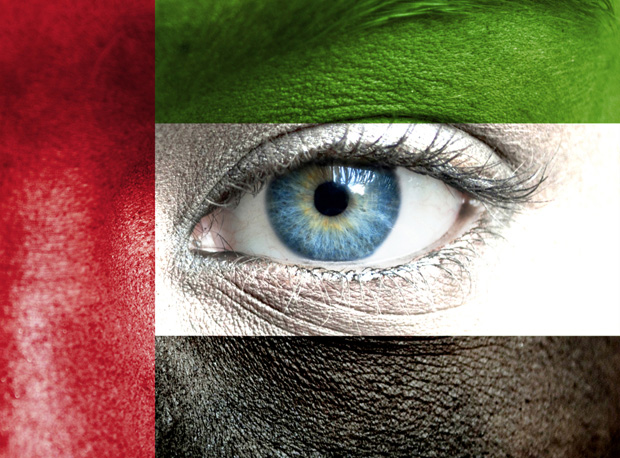
Shezanne Cassim was arrested for posting a mock documentary spoofing youth culture in Dubai
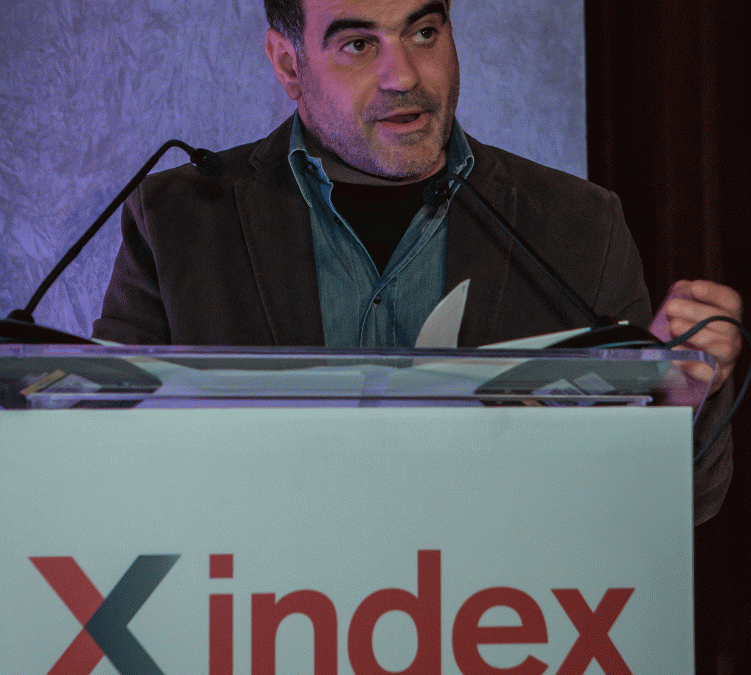
Index award winner who published list of possible tax dodgers walks free
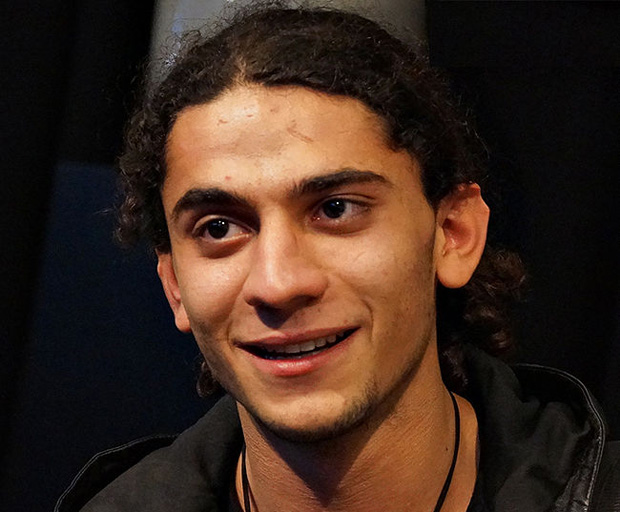
Yahya Hassan has caused nationwide debate with his poetry, which is critical of Islam and parts of the Danish immigrant community

Julia Farrington hits the north for the Art Party conference
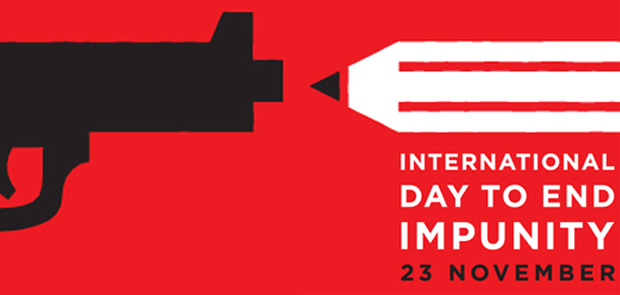
A United Nations committee on human rights passed resolution on day recognising crimes against journalists
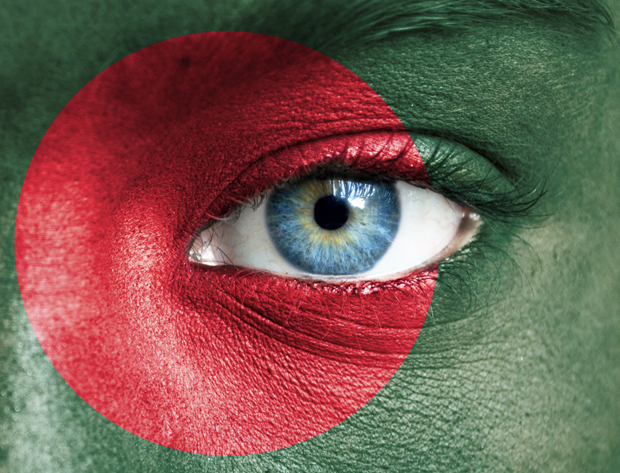
Despite a thriving media sector, Bangladesh has seen a surge in violence against journalists. Samira Shackle reports